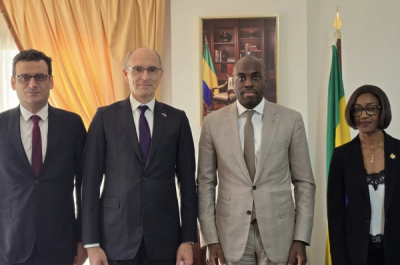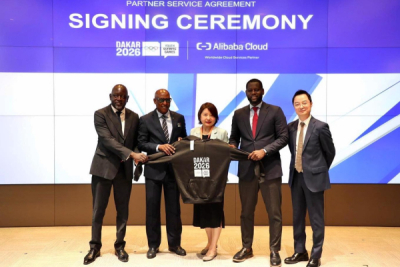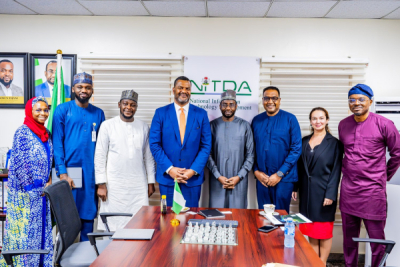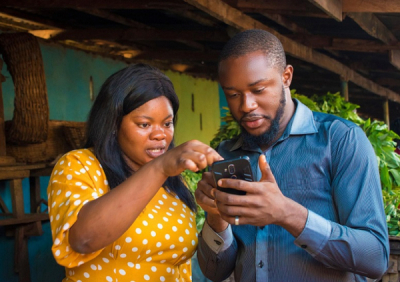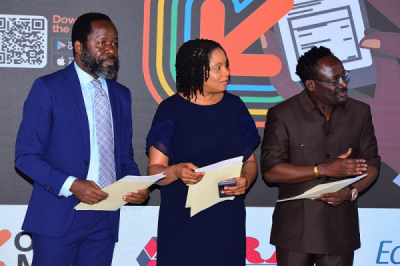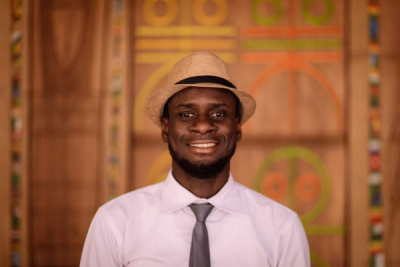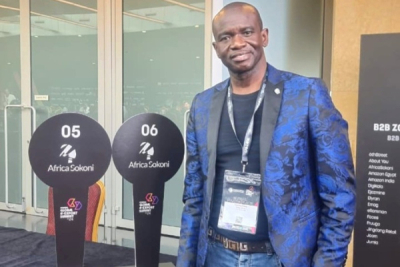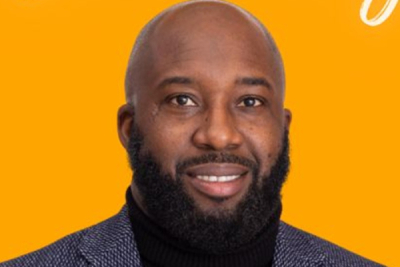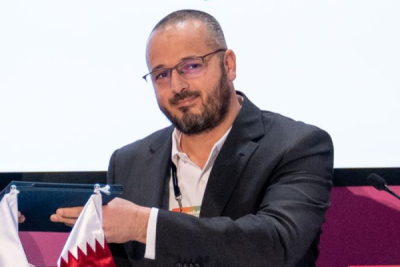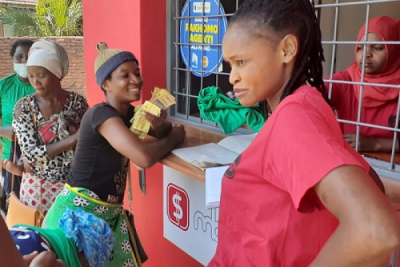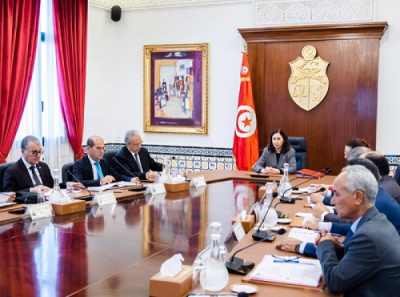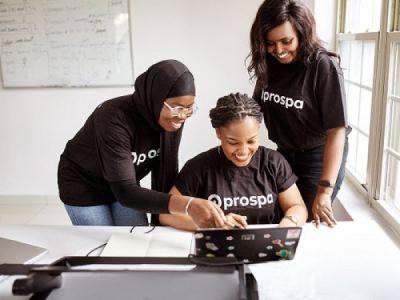Gabon is deepening international partnerships to fast-track its digital transformation. After recent discussions with Botswana, President Brice Clotaire Oligui Nguema has now turned to Turkey for support.
On July 29, Mark Alexandre Doumba, Gabon's Minister of the Digital Economy, met with Can İncesu, Turkey's Ambassador to Gabon, to discuss expanding digital cooperation.
During the meeting, Doumba presented Gabon’s digital roadmap. He emphasized four key priorities: modernizing public administration, expanding digital infrastructure, ensuring data governance and technological sovereignty, and training young digital talent.
Ambassador İncesu expressed Turkey’s interest in supporting Gabon’s efforts. He highlighted potential cooperation in e-government systems, electronic signatures, remote payment solutions for public services, and telecom infrastructure development in underserved areas.
Turkey ranks 27th out of 193 countries on the UN E-Government Development Index (EGDI), with a score of 0.8913, well above the global average of 0.6382. It scores 0.9225 in online services, 0.9192 in human capital, and 0.8322 in telecom infrastructure.
In 2024, Turkey reported 87.3% internet penetration and 96% mobile coverage, according to the International Telecommunication Union (ITU). On the 2025 ICT Development Index, Turkey scored 88.5 out of 100.
Gabon currently ranks 121st globally on the EGDI, with a score of 0.5741. The country performs strongly in telecom infrastructure (0.8263) but lags in online services (0.3188) and human capital (0.5772).
Despite these gaps, Gabon aims to boost the digital sector’s share of GDP to 10–12% by end-2025, up from around 5%. The government also wants to diversify the economy and reduce reliance on extractive industries by investing in digital tools and services.
While both sides expressed strong intent, the partnership remains at an early stage. So far, no official agreement has been signed. The two parties agreed to continue technical discussions to identify high-impact projects for Gabonese citizens.
The road to a full partnership still needs building. Future meetings will determine the real scope and effectiveness of this cooperation.
This article was initially published in French by Isaac K. Kassouwi
Edited in English by Ange Jason Quenum



